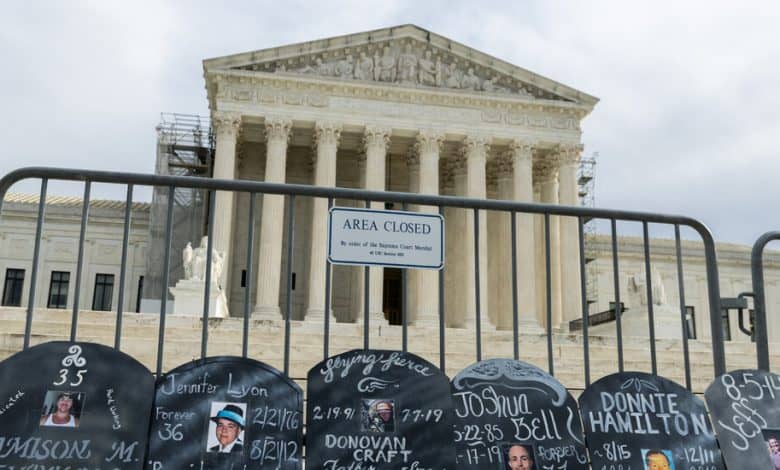States and Creditors for Purdue Pharma Threaten Sacklers With Gush of Lawsuits

Purdue Pharma’s creditors and more than 40 states are preparing a barrage of legal actions against members of the Sackler family, less than two weeks after the Supreme Court denied them legal immunity for their role as the company’s owners in the opioid crisis.
Purdue itself is supporting a proposal by a group of its creditors to sue individual Sacklers for transferring billions of dollars out of the company and into family trusts and overseas holding companies.
The motions, some filed and others in the planning stage, are part of intense maneuvering to pressure the Sacklers to settle thousands of opioid lawsuits brought years ago against them and their company. Negotiations are expected to begin imminently in mediation sessions and are widely seen as a last-ditch effort to reach a deal. If one isn’t struck by Sept. 9, thousands of lawsuits against the company and family members, which have been on hold for nearly five years, are likely to proceed.
The Supreme Court’s ruling, on June 27, effectively dissolved an agreement negotiatedbetween the Sacklers and Purdue, the manufacturer of the prescription opioid OxyContin, and states, local and tribal governments as well as individuals and other groups. Under that plan, the Sackers had agreed to contribute $6 billion — but only on the condition that they be granted protection from all civil lawsuits involving opioid claims.
The court said that although Purdue was entitled to liability protections, the Sacklers were not eligible. That is because Purdue sought bankruptcy restructuring, in which liability shields are commonly granted, but the Sacklers did not file for personal bankruptcy.
The court’s ruling effectively toppled a Jenga tower that had been years in the making. Payments by Purdue and the Sacklers had been designated for opioid treatment and prevention and to compensate survivors.